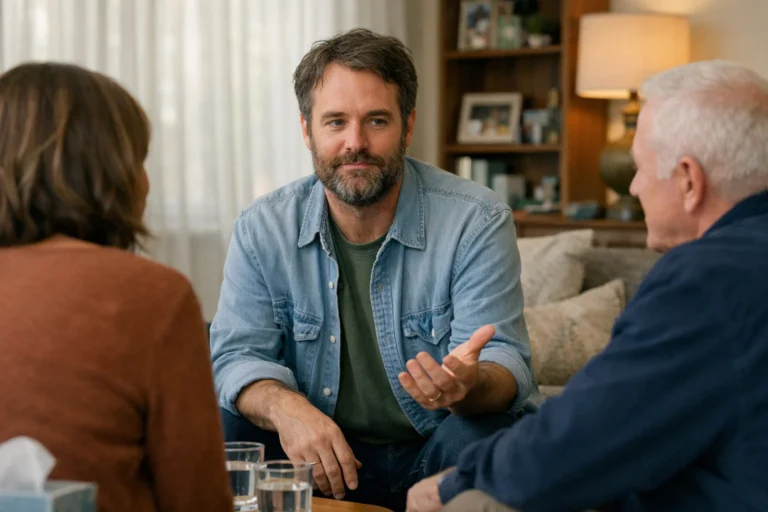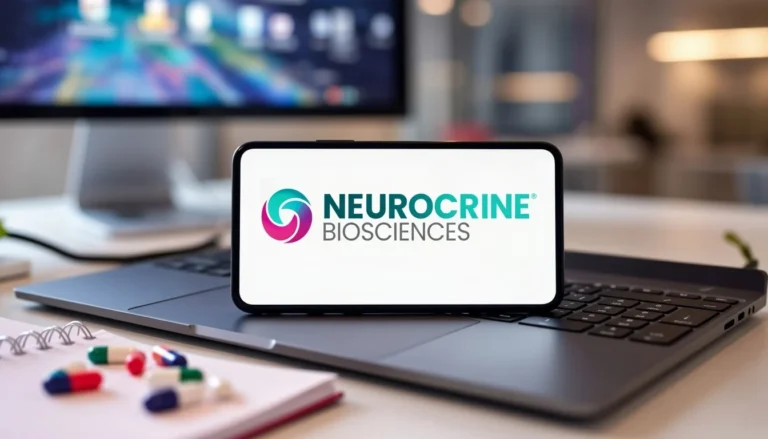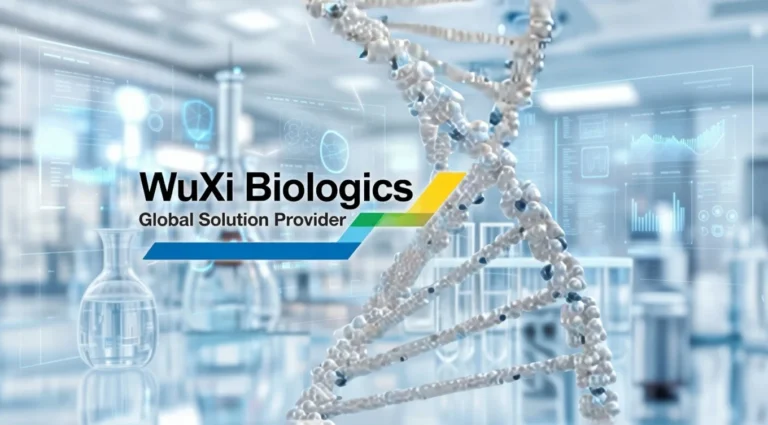
Regeneron Pharmaceuticals, Inc announced today that the Phase 3 QUASAR trial investigating EYLEA HD® (aflibercept) Injection 8 mg has successfully met its primary endpoint. The trial evaluated the treatment of macular edema following retinal vein occlusion (RVO), including central, branch, and hemiretinal vein occlusions. Patients treated with EYLEA HD every 8 weeks (after initial monthly doses) showed non-inferior vision improvements compared to those on the current standard of care, the monthly dosing regimen of EYLEA® (aflibercept) Injection 2 mg. These results will be submitted to regulatory authorities globally, with a U.S. Food and Drug Administration (FDA) submission anticipated in the first quarter of 2025, and results are expected to be presented at an upcoming medical meeting.
Dr. Seenu M. Hariprasad, Chair of the Department of Ophthalmology and Visual Science at The University of Chicago, praised the trial’s results. “Currently, all FDA-approved anti-VEGF therapies for retinal vein occlusion require monthly dosing, which can be burdensome for patients. These impressive data from the QUASAR trial demonstrate that EYLEA HD patients experienced improved vision with fewer injections than with standard EYLEA. This could be a significant advancement in the treatment of retinal vein occlusion,” Dr. Hariprasad noted. He also highlighted that nearly 90% of EYLEA HD patients were able to maintain the 8-week dosing interval throughout the 36-week study period.
The QUASAR Trial Design and Results
The QUASAR trial is a global, double-masked, active-controlled Phase 3 study designed to evaluate the efficacy and safety of EYLEA HD compared to the standard EYLEA treatment for patients with retinal vein occlusion (RVO). Patients treated with EYLEA HD received an 8-week dosing regimen following 3 or 5 initial monthly doses, while those receiving EYLEA were treated every 4 weeks.
The trial’s primary endpoint was met at 36 weeks, with both groups of EYLEA HD patients achieving non-inferior visual acuity gains compared to those on the monthly EYLEA regimen. EYLEA HD demonstrated consistent results across patients with different types of RVO, including branch retinal vein occlusions and central or hemiretinal vein occlusions.
The safety profile of EYLEA HD (591 patients) was similar to that of EYLEA (301 patients) in the QUASAR trial, and remained consistent with the known safety profile of EYLEA in its previous clinical studies. Common ocular treatment-emergent adverse events (TEAEs) in EYLEA HD patients included increased ocular pressure (5%), while there were one case each of endophthalmitis and retinal vasculitis. The rate of intraocular inflammation was 0.5% for EYLEA HD compared to 1.3% for EYLEA.
Hypertension was a factor for both groups at baseline, with 66% of EYLEA HD patients and 62% of EYLEA patients reporting it. Hypertension during the trial was reported in 8.1% of EYLEA HD patients and 4.7% of EYLEA patients. Thromboembolic events were less common in EYLEA HD patients (0.5%) compared to EYLEA patients (1.7%).
EYLEA HD’s Potential Impact on Retinal Vein Occlusion
Dr. George D. Yancopoulos, M.D., Ph.D., Co-Chair of the Board and Chief Scientific Officer at Regeneron, expressed confidence in the trial results, stating, “With these pivotal results, EYLEA HD with extended dosing has met the high bar of vision gains and safety seen with standard-of-care EYLEA. EYLEA HD has already shown significant impact in the treatment of wet age-related macular degeneration, diabetic macular edema, and diabetic retinopathy, and now has the potential to reduce the treatment burden for patients with retinal vein occlusion. We look forward to presenting these results to regulatory authorities globally.”
Development and Partnership
EYLEA HD, known as Eylea™ 8 mg in the European Union and Japan, is being jointly developed by Regeneron and Bayer AG. In the U.S., Regeneron retains exclusive rights to EYLEA and EYLEA HD, while Bayer holds the exclusive marketing rights outside the U.S., with the companies sharing equally in the profits from sales of both treatments.
The safety and efficacy of EYLEA HD for the treatment of RVO have not yet been evaluated by regulatory authorities.
Regeneron’s commitment to advancing treatments for retinal diseases continues with the promising outcomes of the QUASAR trial, which could mark a significant step in reducing treatment burden for patients with retinal vein occlusion while maintaining the high standards of vision care established by EYLEA.





